How to Know Which Type of Flooring Is Right for You
Choosing the right flooring for your home is about more than just style. It impacts comfort, functionality, and long-term value. With so many options available, it can be overwhelming to decide which material will best suit your needs. From high-traffic living areas to cozy bedrooms, selecting the right type of flooring ensures your home remains both beautiful and practical for years to come. For homeowners looking to update their spaces, having access to quality flooring supplies is the first step toward a successful project.
According to Dumpster.com, nearly 40% of U.S. homeowners completed a flooring project in 2024, reflecting a growing interest in home improvement. Whether you're drawn to the timeless charm of hardwood or the affordability of carpet, knowing your options helps you make informed decisions. In this guide, we’ll explore the key factors you should consider when selecting flooring supplies, covering durability, maintenance, appearance, cost, comfort, installation, sustainability, and resale value. By the end, you’ll have a clear understanding of which flooring type is right for your lifestyle and home.
Durability
The durability of the flooring material is often the top concern when deciding which kind is best. Hardwood flooring is renowned for its longevity, often lasting decades if properly maintained, and it can be sanded and refinished multiple times to restore its original look. Engineered flooring offers similar aesthetic appeal with slightly less resilience, but it is more resistant to moisture, making it ideal for basements or kitchens. Luxury vinyl plank (LVP) is incredibly tough and can withstand high foot traffic, spills, and scratches, which makes it a popular choice for families and pet owners.
It’s also important to think about long-term performance beyond daily wear. Hardwood and engineered flooring are excellent investments due to their durability and ability to increase home value. LVP provides practical resilience for homeowners who need a low-maintenance solution without sacrificing style. When selecting flooring supplies, prioritizing durability ensures you won’t have to replace your floors prematurely and can enjoy a beautiful, functional home for years to come.
Maintenance
Understanding how to maintain different flooring types can significantly influence which is best for you. Hardwood floors require regular sweeping and occasional refinishing to keep them looking pristine, while engineered flooring demands less upkeep but still benefits from routine cleaning to prevent scratches or damage. LVP is extremely low-maintenance and can often be cleaned with just a damp mop, making it ideal for busy households or those with pets. By understanding maintenance demands, you can select a flooring type that fits your lifestyle and effort tolerance.
Daily cleaning routines and long-term upkeep costs vary greatly among flooring supplies. Hardwood and engineered floors are relatively easy to maintain if minor spills are cleaned promptly, but ignoring maintenance can lead to costly repairs. LVP is forgiving and often the easiest to care for, allowing you to enjoy a stylish look without heavy maintenance. Factoring in maintenance ensures your flooring remains beautiful, functional, and hygienic without consuming unnecessary time or resources.
Appearance
The appearance of your flooring sets the tone for your entire home. Hardwood floors provide a classic, elegant look with natural wood grains that create warmth and sophistication. Engineered flooring closely mimics hardwood’s appearance but offers additional versatility in terms of patterns, textures, and finishes. LVP comes in a wide array of styles, colors, and patterns, allowing homeowners to achieve the look of wood, stone, or tile at a more affordable price point. Carpet adds softness, color, and texture, giving bedrooms and living spaces a cozy, inviting atmosphere that complements various design styles.
Consider how color, finish, and texture influence the overall feel of each room. Dark hardwood can provide a rich, formal look, while lighter engineered flooring can make spaces feel more open and airy. LVP offers endless customization for modern, rustic, or eclectic interiors, while carpet allows you to introduce patterns and textures that enhance comfort. Your flooring should not only meet functional needs but also harmonize with your furniture, lighting, and décor. The right choice in flooring supplies can elevate your home’s design while reflecting your personal style.
Price
Cost is a major consideration for any flooring project. Hardwood tends to be more expensive upfront, but offers long-term value due to its durability and timeless appeal. Engineered flooring is slightly more budget-friendly while still providing a high-end look and a reasonable lifespan. LVP offers an affordable alternative that can mimic the appearance of more expensive materials while withstanding daily wear. Carpet is typically the most economical choice in terms of initial investment but may require more frequent replacement, especially in high-traffic areas.
Beyond initial purchase prices, homeowners should consider the long-term financial impact of their flooring decision. Hardwood and engineered floors, while pricier initially, can add significant resale value to your home. LVP offers a cost-effective option that doesn’t sacrifice durability or style, making it ideal for families seeking practicality. Carpet, although budget-friendly upfront, may incur additional replacement costs over time. By evaluating both short-term expenses and long-term benefits, you can select flooring supplies that maximize both quality and financial value.
Comfort
Underfoot comfort can influence how a space feels in daily life. Carpet provides warmth and softness, making it an excellent choice for bedrooms, playrooms, and areas where barefoot walking is common. Hardwood and engineered flooring are smooth and solid, which can feel elegant and cool, but may benefit from area rugs for added comfort. LVP offers a slightly softer feel than wood while remaining durable, making it a practical compromise for living areas and kitchens.
In addition to physical comfort, consider acoustic and thermal qualities. Carpet naturally absorbs sound and insulates against cold floors, contributing to a quieter, warmer home environment. Hardwood and engineered floors, while aesthetically appealing, can be less forgiving on joints or noisy in high-traffic areas. LVP balances durability with moderate cushioning, making it a versatile option for families. Prioritizing comfort alongside other factors like durability and appearance helps you select flooring supplies that enhance your everyday living experience.
Sustainability
An increasingly important factor for many homeowners is the sustainability of flooring. Hardwood is considered a renewable resource because it can regrow over time, making it a natural, long-lasting choice for flooring. Engineered flooring uses less wood per plank than solid hardwood, which can help reduce overall material use. Considering these factors helps you choose your floors with an eye toward long-term environmental impact.
In addition to material type, durability plays a key role in sustainability. Flooring that lasts for decades, like hardwood, engineered flooring, or well-maintained LVP, reduces the frequency of replacements and waste. Carpet, while soft and cozy, may require replacement more often, creating more environmental impact over time. By factoring in durability and the renewable nature of materials like hardwood, you can select flooring supplies that are not only stylish and functional but also thoughtful in terms of resource use.
Choosing the right flooring for your home requires balancing multiple factors. Hardwood, engineered flooring, LVP, and carpet each offer unique advantages, and understanding these differences helps you make an informed decision that suits your lifestyle and budget. By carefully considering how each material performs in your home, you can select flooring supplies that enhance both daily living and long-term value.
When selecting flooring supplies, think about the needs of your household, the aesthetic you want to achieve, and the level of maintenance you’re willing to commit to. Each flooring type has its strengths, whether it’s hardwood’s timeless elegance, engineered flooring’s versatility, LVP’s durability, or carpet’s comfort. Ready to transform your home with the perfect flooring? Explore our wide range of premium flooring supplies at Collins Building Materials. Our experts are here to help you choose and enjoy your dream floors today.

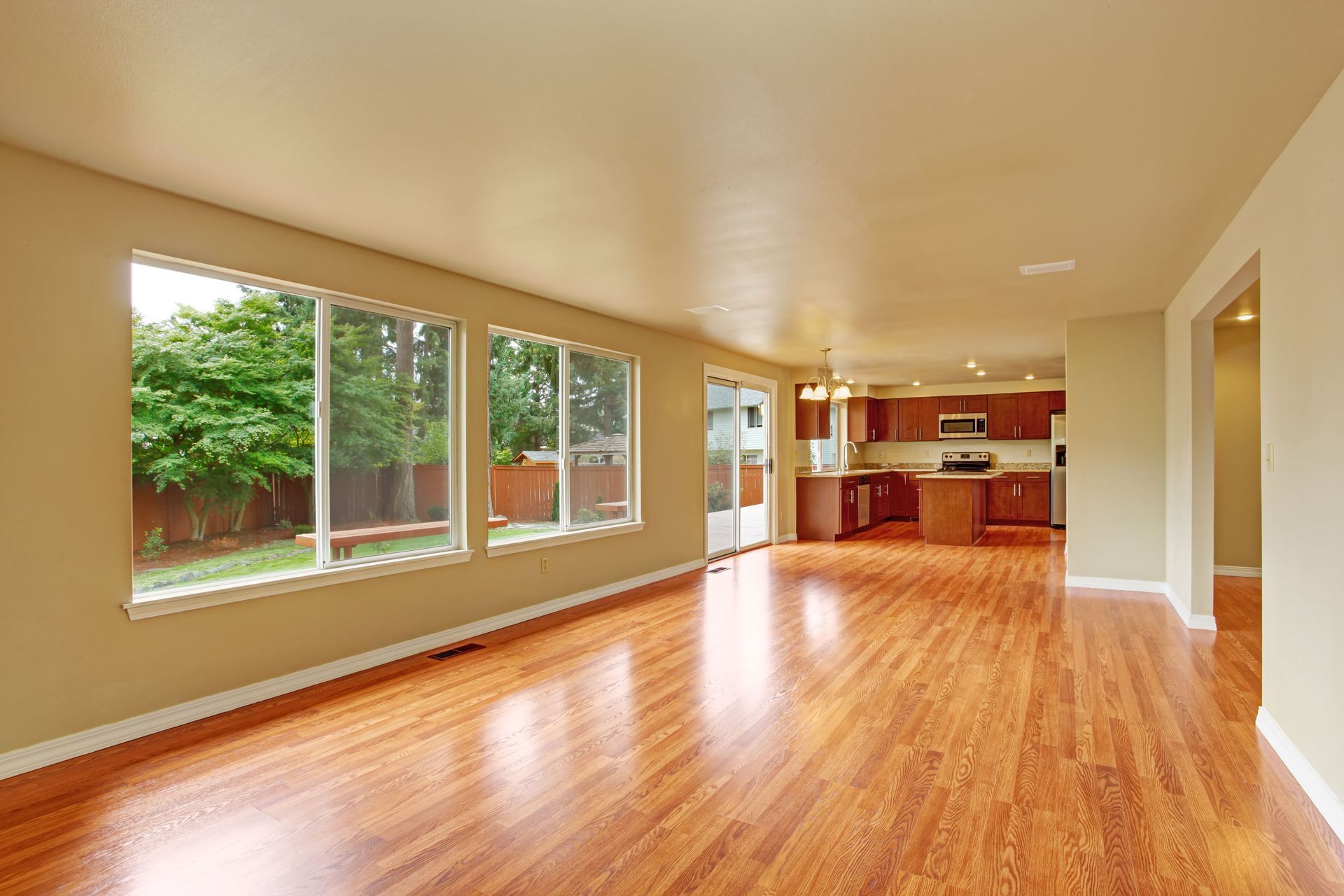
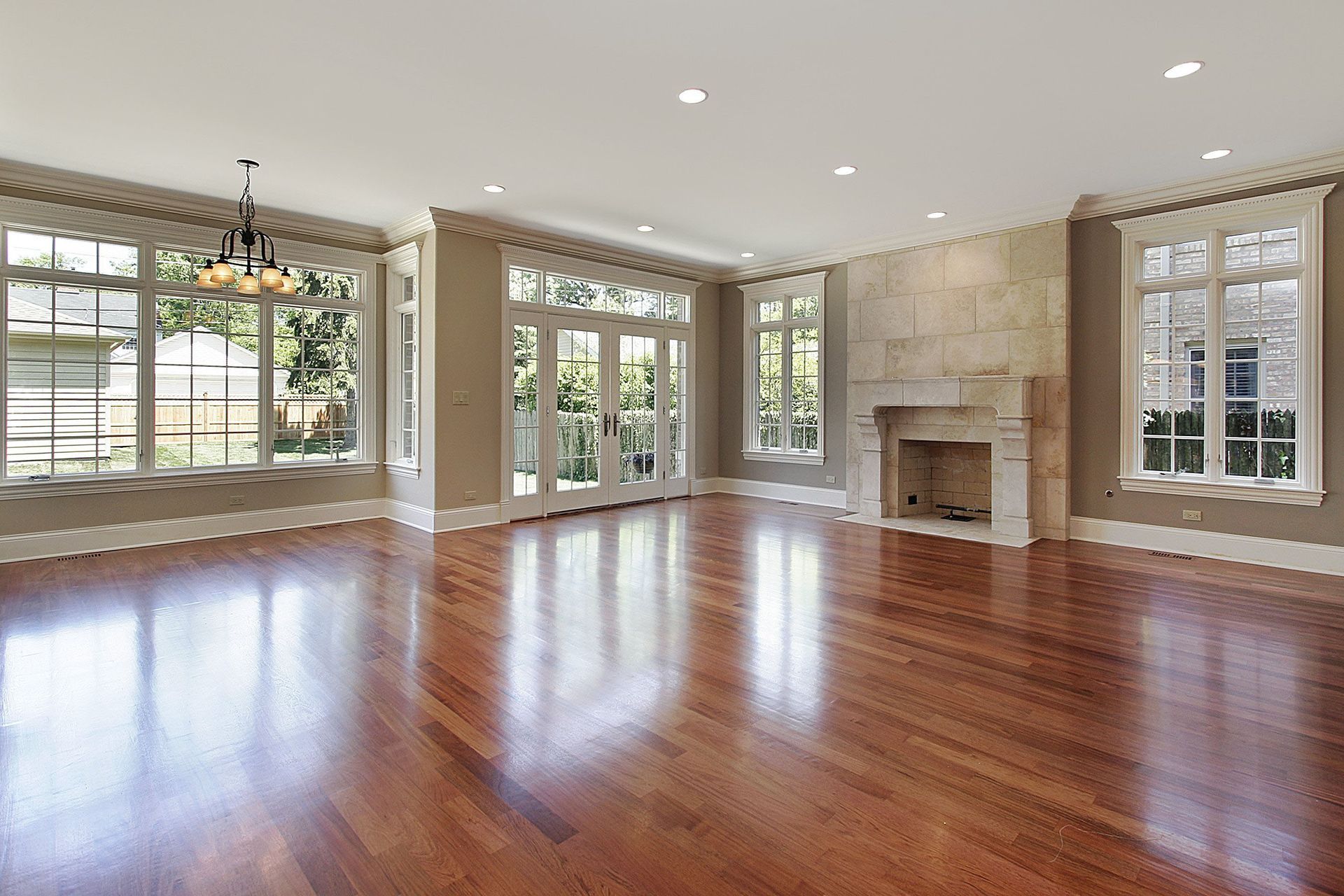
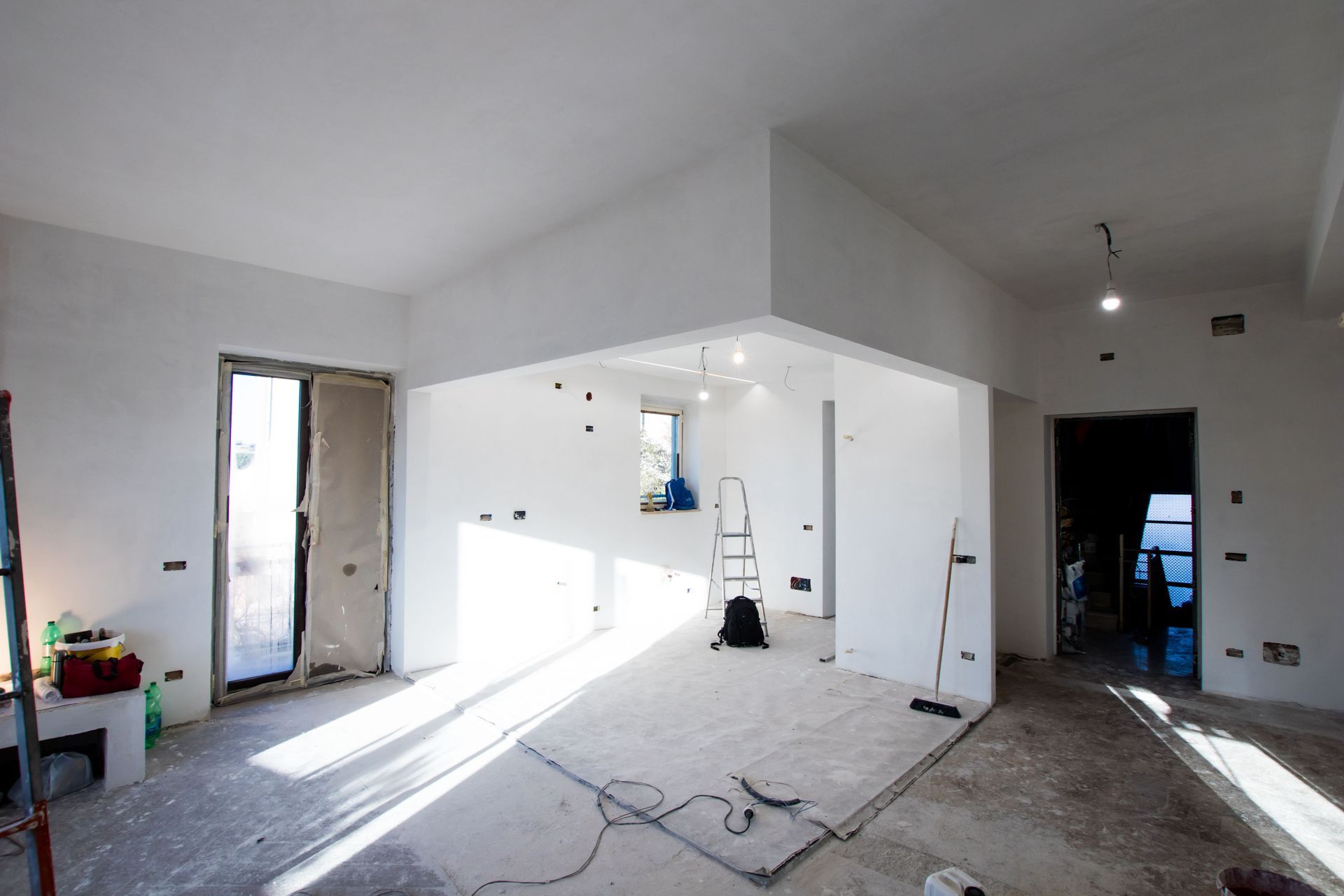
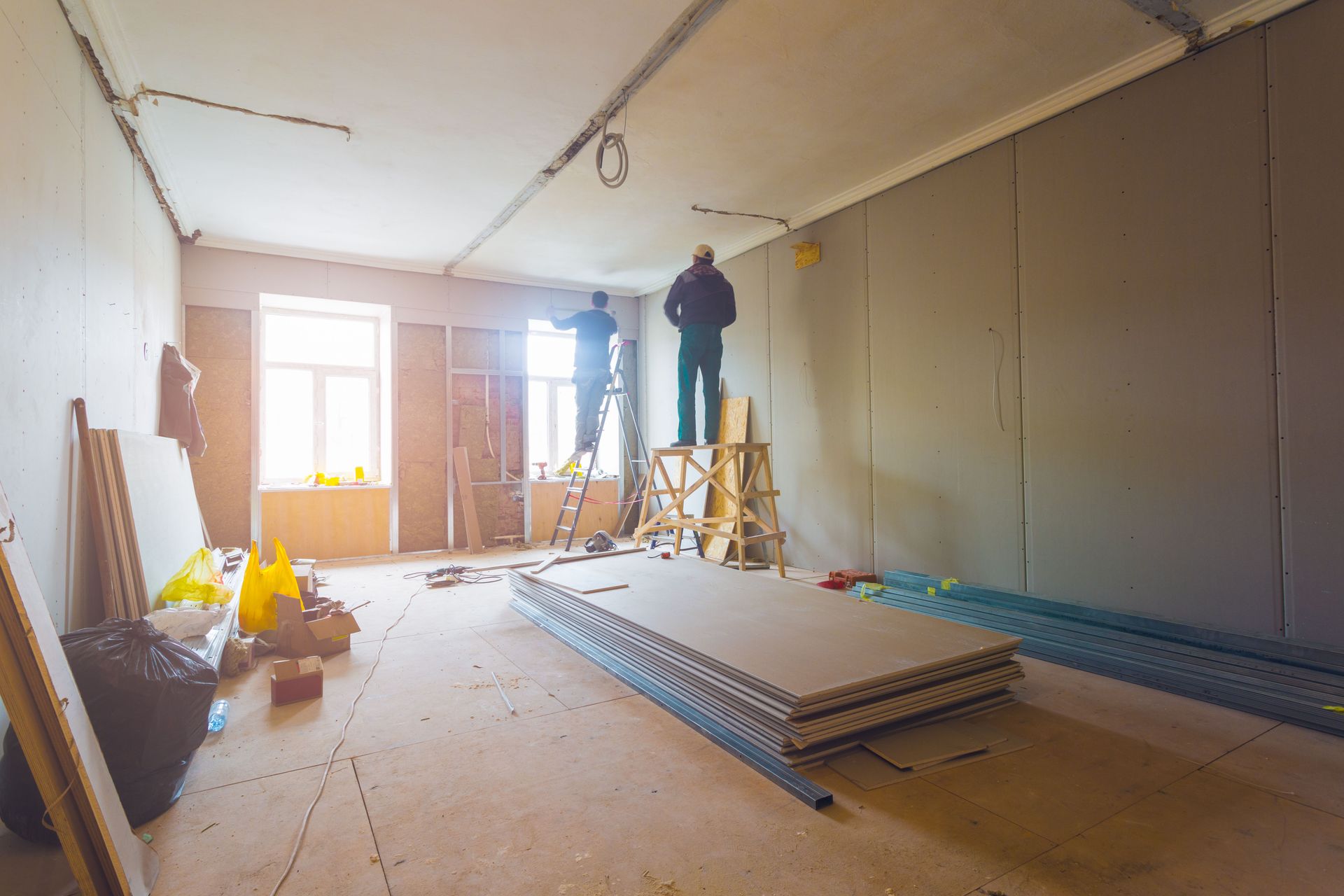
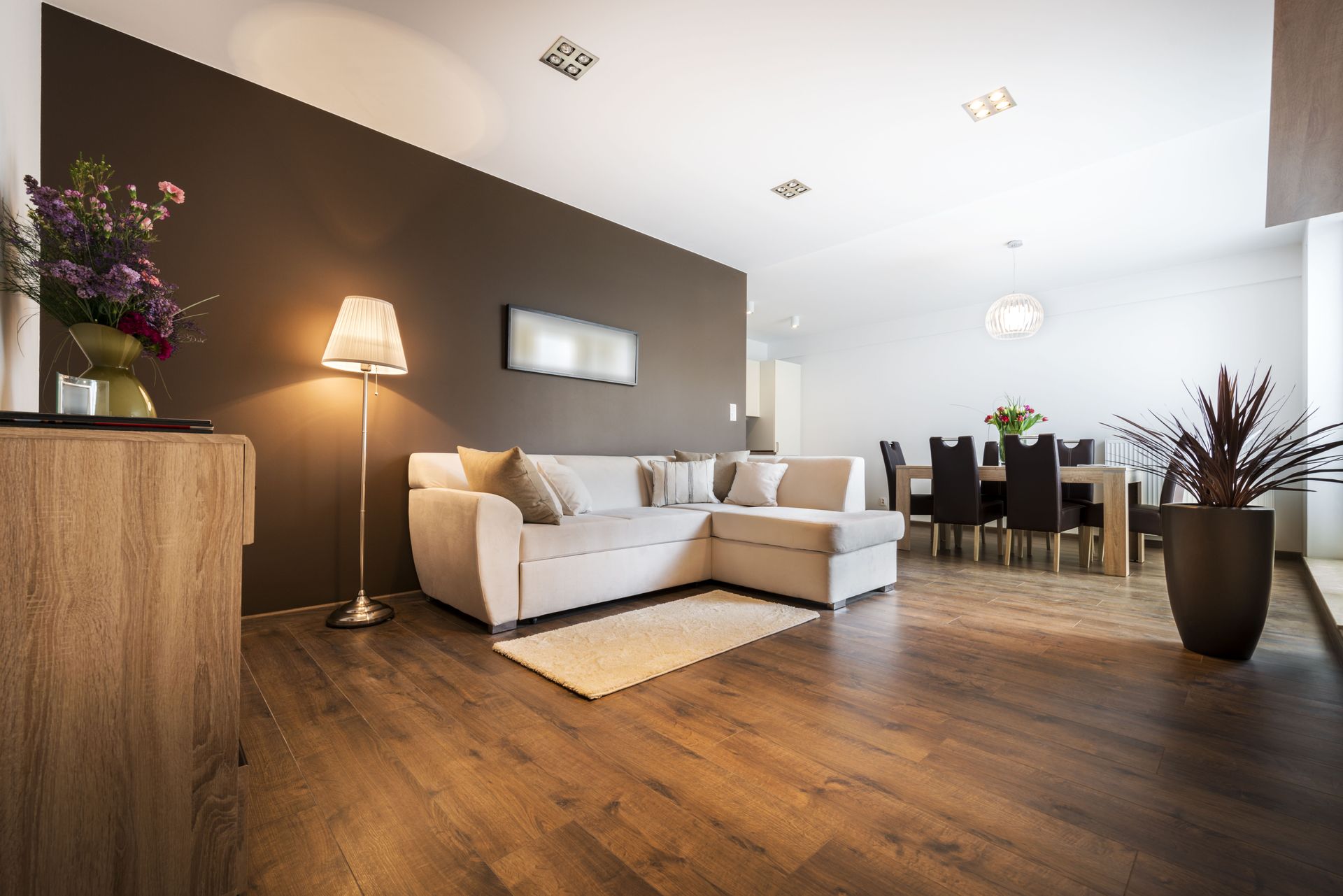
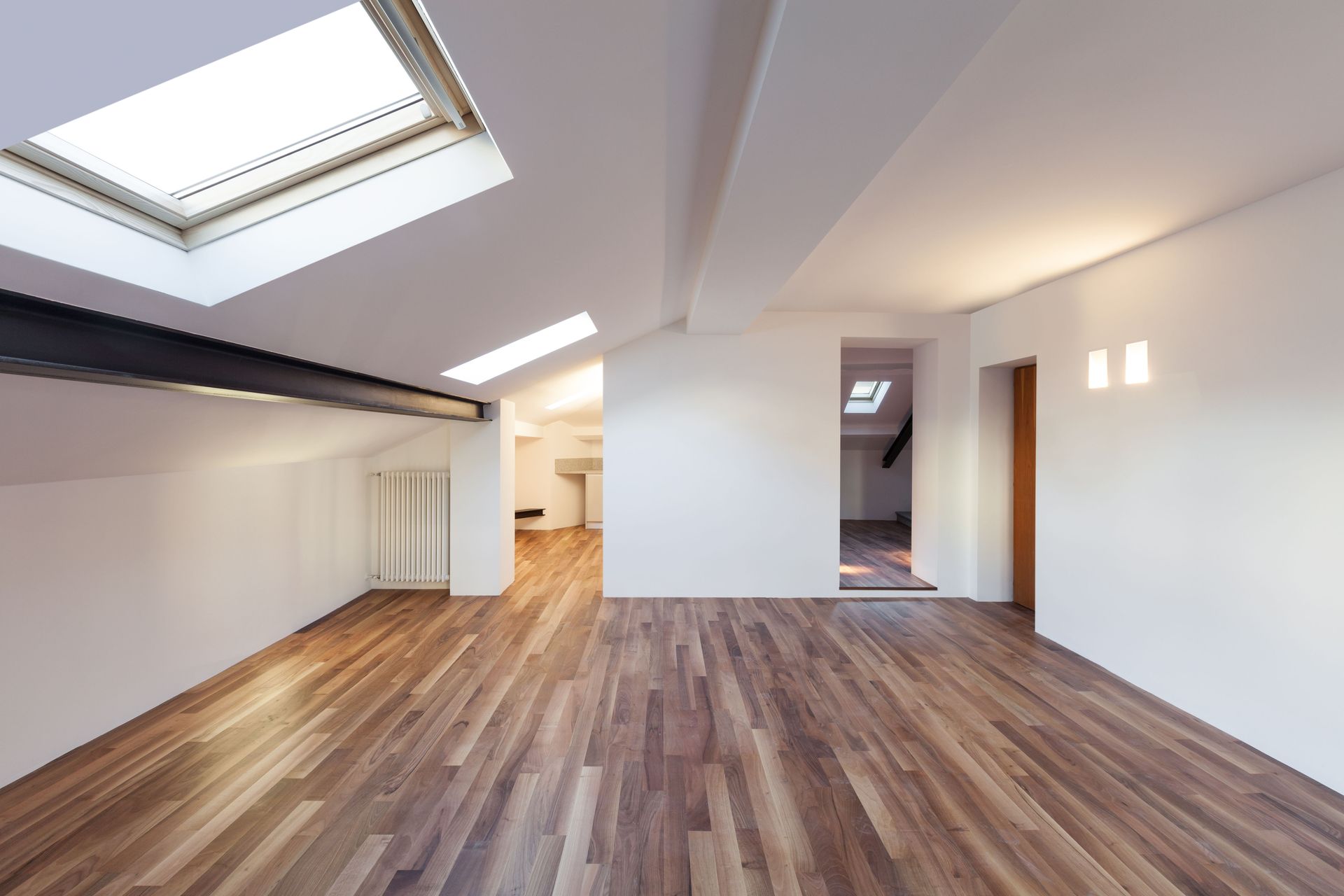

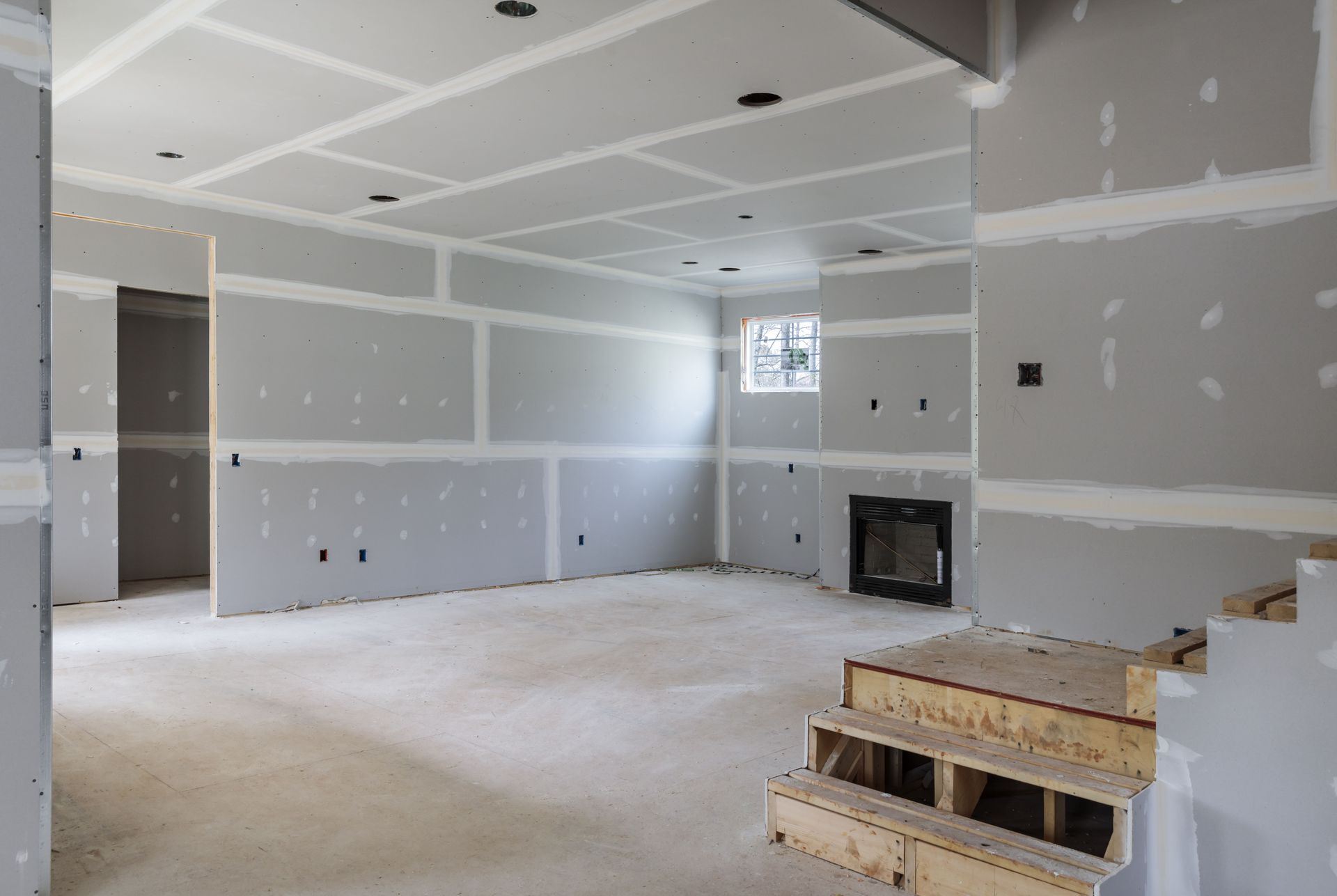
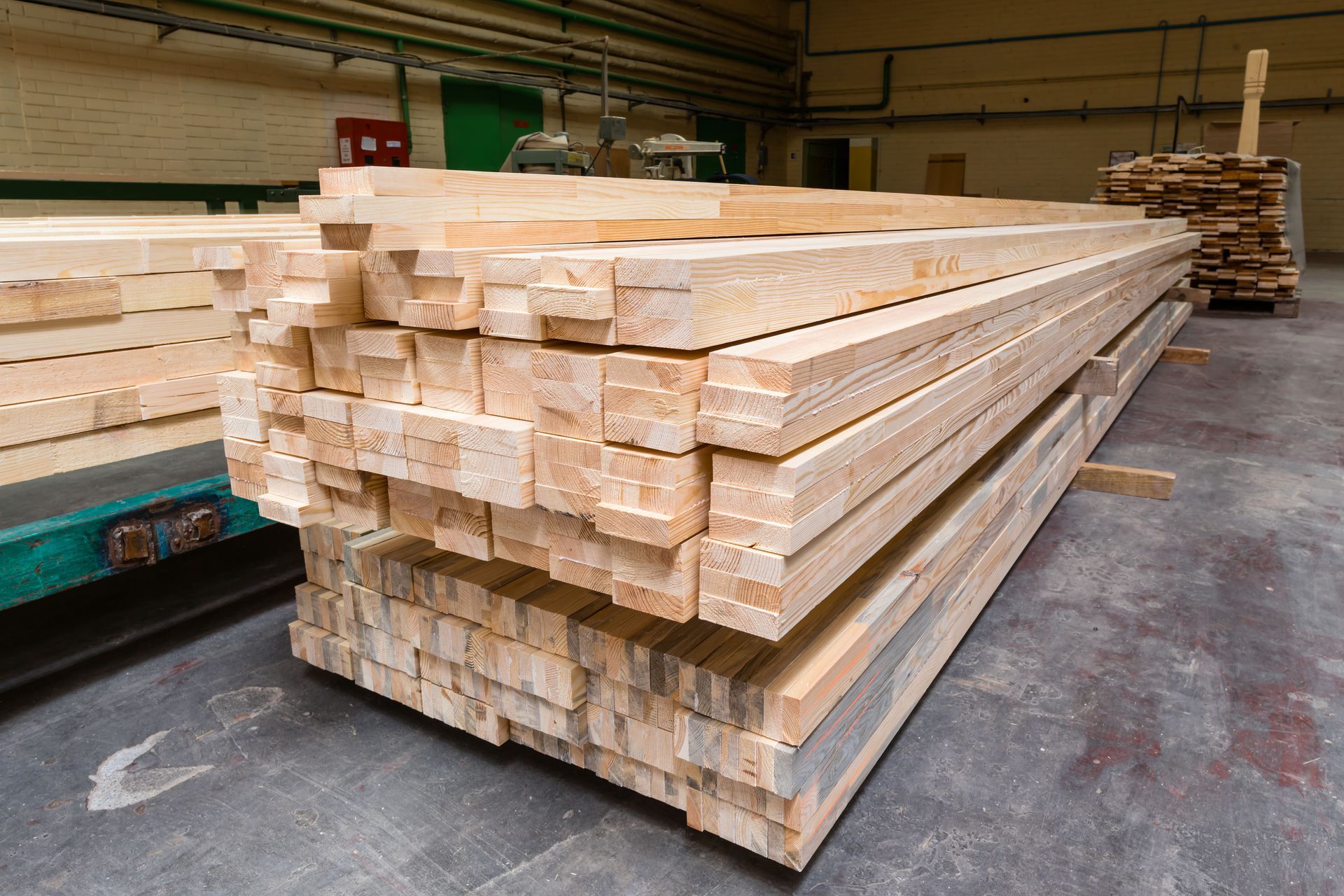
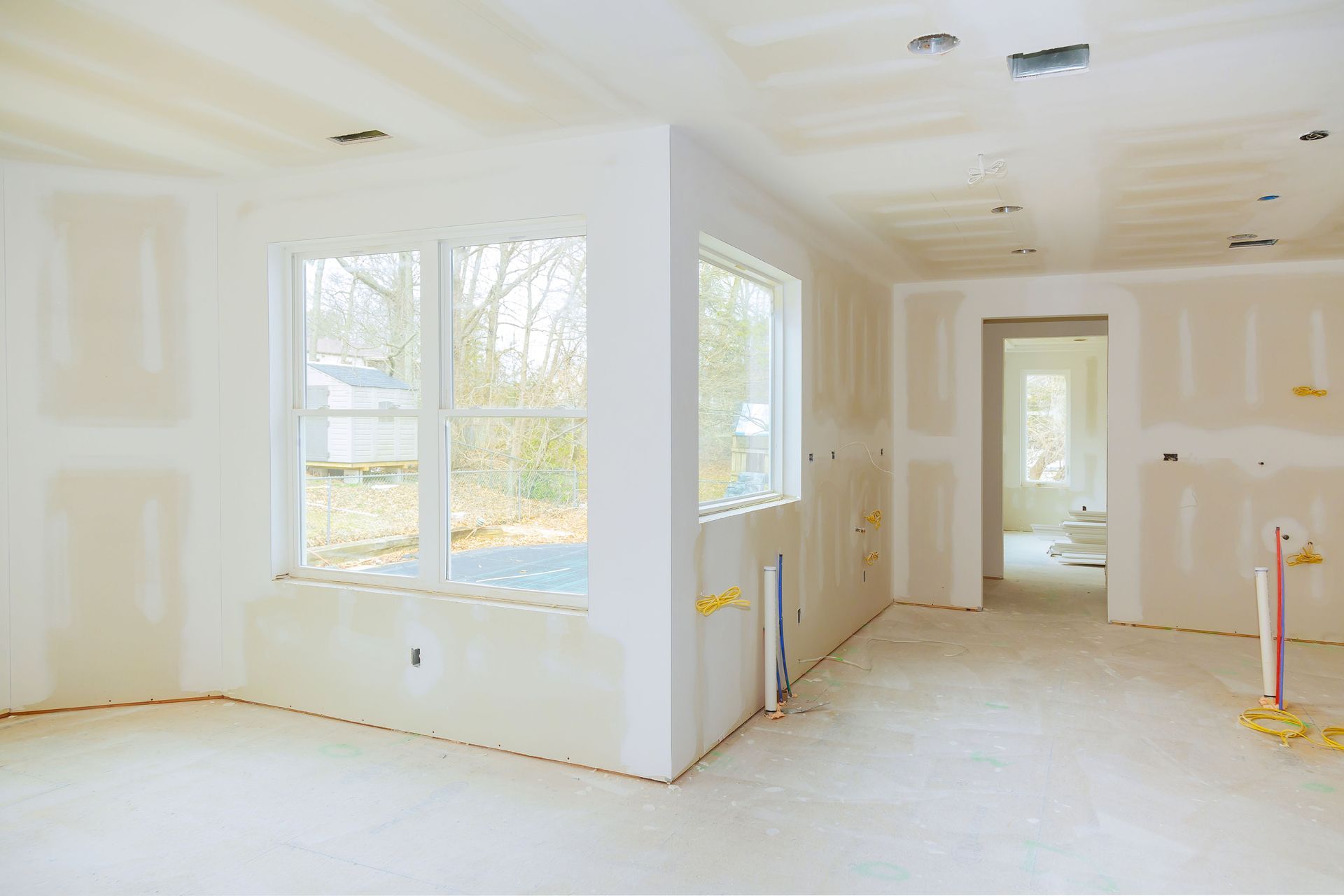
Share On: